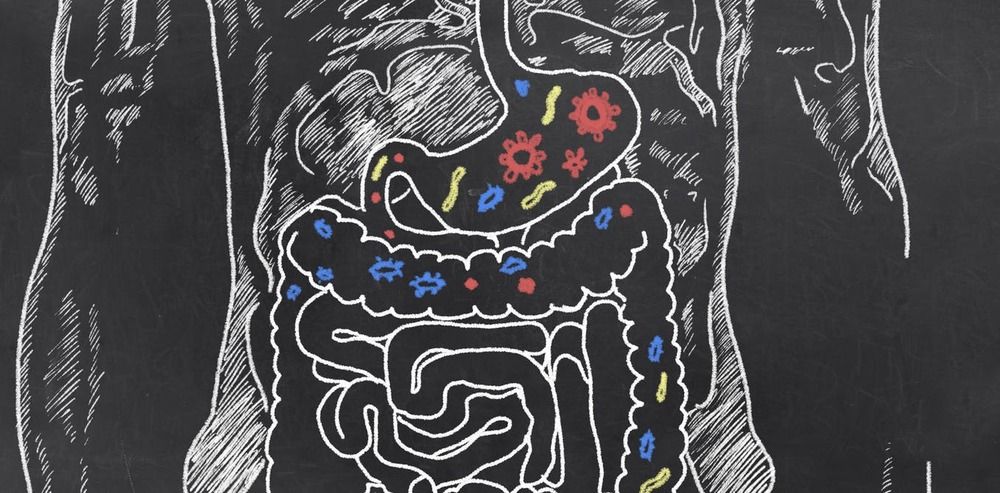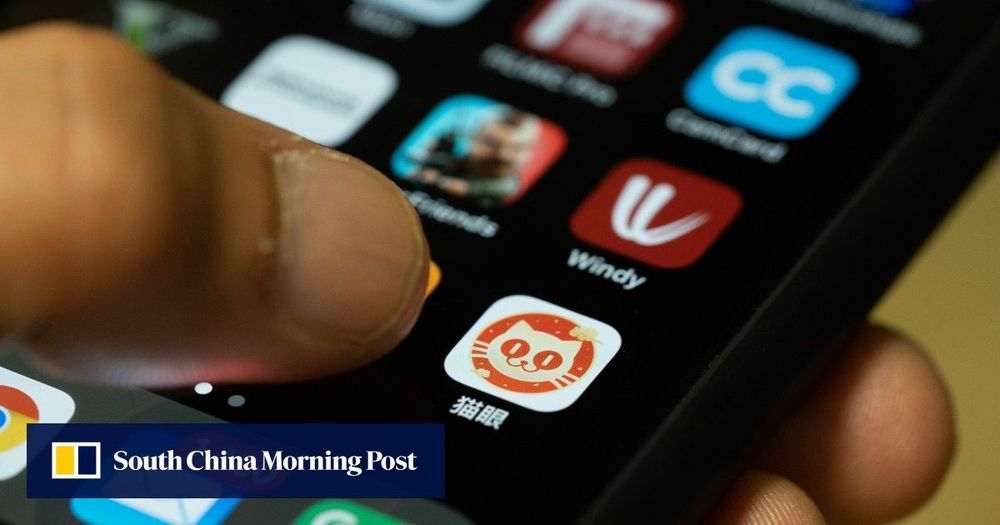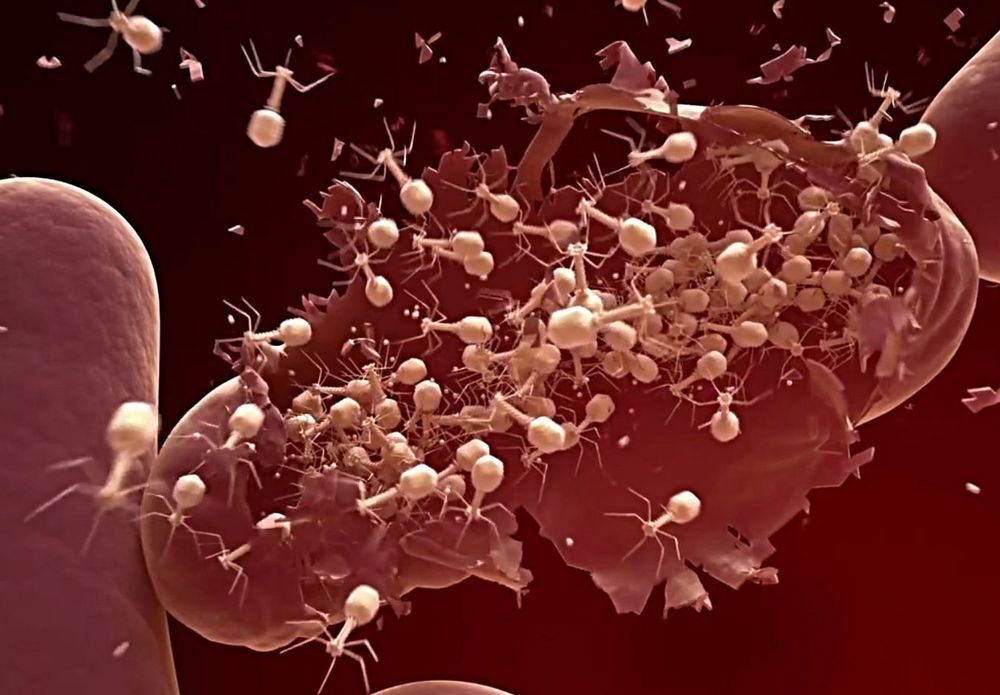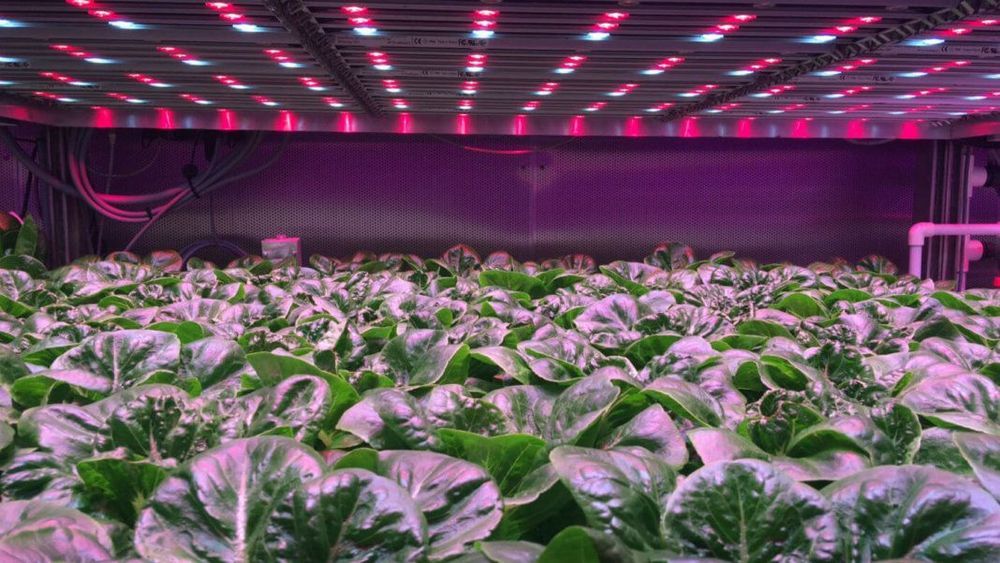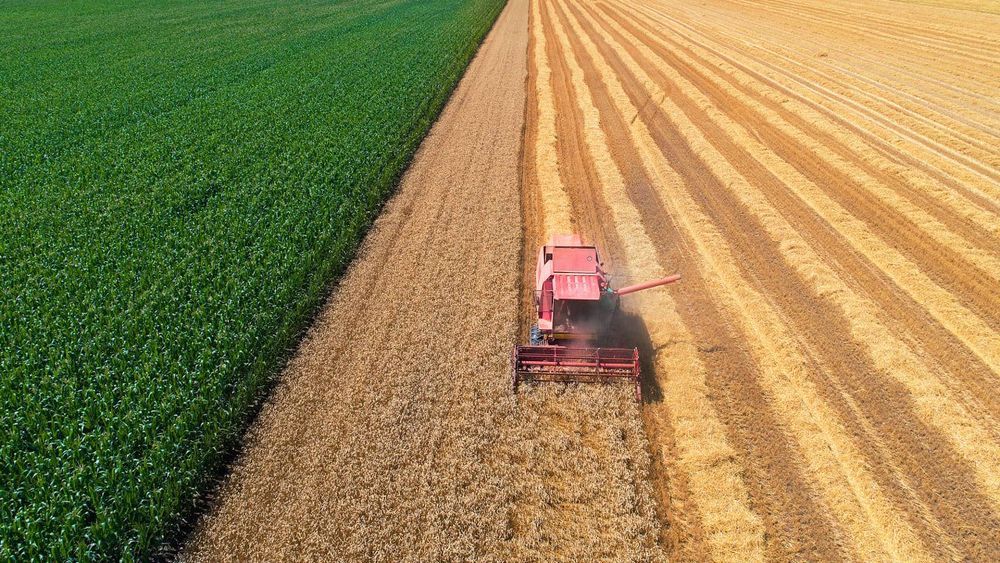People with inflammatory bowel disease (IBD) are often confused about which foods may ease symptoms and which ones may make them worse. Based on medical research, there’s no single plan that definitively offers relief. But a recent study on a new diet called the IBD-AID diet has shown that it may help.
The diet focuses on correcting gut bacteria balance with probiotic and prebiotic foods.




